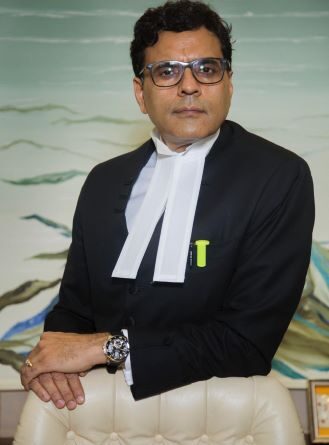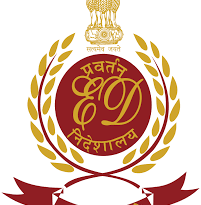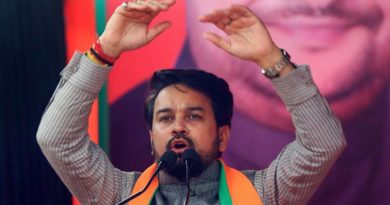Judiciary Under Fire? Vikas Pahwa Condemns Sanyal’s ‘Biggest Hurdle’ Statement
(By Syed Ali Taher Abedi)
New Delhi, Sept 25 — Senior Advocate Vikas Pahwa has penned a strongly worded letter to Sanjeev Sanyal, a member of the Prime Minister’s Economic Advisory Council, expressing deep concern over Sanyal’s recent public remarks characterizing the judiciary as the “biggest hurdle” to India’s goal of becoming Viksit Bharat.
In the letter dated September 23, Pahwa emphasized that while constructive criticism of institutions is a healthy feature of any democracy, Sanyal’s comments risk being perceived as sweeping and dismissive. He defended the judiciary as “the backbone of our constitutional framework,” warning that such generalizations could undermine public trust in a vital pillar of governance.
The letter has sparked debate within legal and policy circles, highlighting tensions between economic reform advocates and defenders of judicial independence.
“To call it the biggest hurdle is extremely unfortunate. I think efficiency is important, but judicial independence and Constitutional oversight cannot be compromised for speed alone. Justice delayed due to shortage of Judges and lack of adequate Judicial infrastructure is not Judicial indifference but a systemic failure of support”
Countering Sanyal’s contention that the judiciary hinders national progress, Pahwa wrote
“The judiciary does not obstruct progress, although it ensures that development takes place within the framework of Constitutional Values, Individual Liberty, and Fairness”
Pahwa asserted that judicial delays arise primarily from systemic challenges—including a shortage of judges, inadequate infrastructure, and numerous unfilled vacancies—rather than any lack of commitment or indifference on the part of the judiciary.
Pahwa mentioned in his letter that the country has one of highest judicial workload with among the lowest judges to population ratio, but despite these judges work tirelessly not only during court hours but late into the night preparing for the next day.
Pahwa has also countered the point made by Sanyal that long holidays for the judges
“The perception that judges enjoy ‘long holidays’ is outdated and represents a cliché that misrepresents the realities of Judicial work. You may not be aware that recently vide Supreme Court (Second Amendment) Rules, 2024, holidays have been reduced from 103 to 95 days. The traditional seven-week summer break has been reframed as partial working days, with at least two benches sitting daily to hear urgent matters. The rotational breaks ensure the Court never fully halts. This reform balances human needs for rest with the nation’s demand for continuous justice, and directly answers the very concern you have voiced in the media.”
Pahwa in his letter also addressed Sanyal’s criticism of court room practices such as the use of “My Lord” and the word “prayer”
“The use of ‘My Lord’or’Your Lordship’is not about colonial baggage but a symbolic mark of respect for the institution of Justice. The Judges themselves have clarified that alternatives such as ‘Your Honour’ or ‘Sir/ Madam’ are equally acceptable and many courts already follow this practice. The key point is not the phrase itself, but the institutional respect it conveys.”
Pahwa responded to Sanyal’s comment regarding the confusion over mandatory pre-litigation mediation in commercial disputes, clarifying that the issue stemmed from the language of Section 12A of the Commercial Courts Act, which was a matter of legislative design.
Judiciary has transformed extensively and reformed including digitisation, e- filing, virtual hearing, AI -assisted cause list management, fast-track courts, and alternative dispute resolution.
“No institution is above scrutiny, and the Judiciary is not exempt from criticism. But such critique must be accurate, balanced, and mindful of Constitutional roles. To weaken public confidence in the Judiciary is to weaken the very fabric of our democracy. At a time when public confidence in many institutions is wavering, the Judiciary remains one institution in which people continue to repose faith and trust. I write this letter not only as a member of the legal profession but also as. A citizen deeply invested in our Republic. Reform must come through dialogue and collaboration – not confrontation.”




